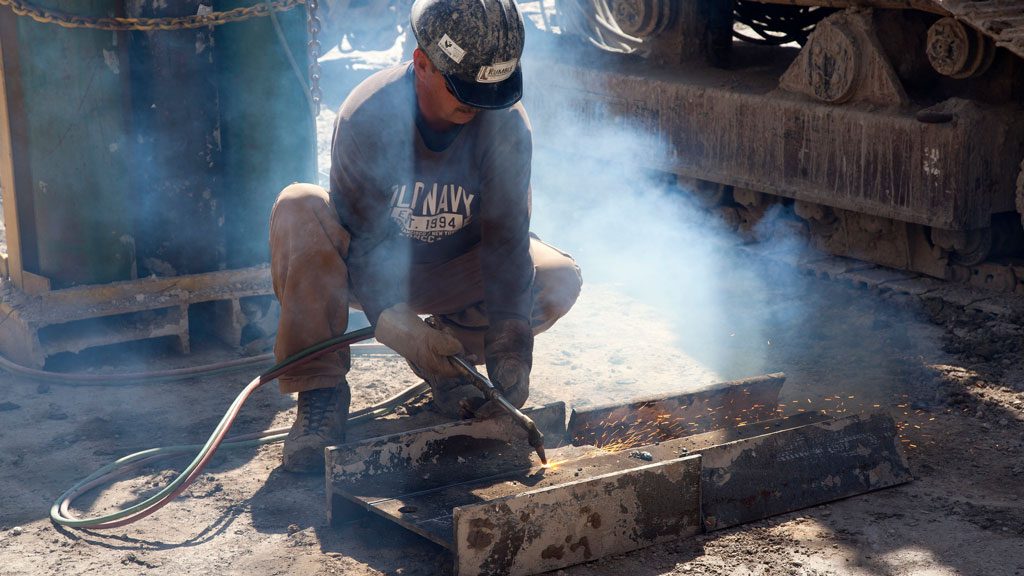In its 2022 pre-budget submission to the Ontario finance minister, the Residential şÚÁĎÉçion Council of Ontario (RESCON) is stressing the importance of streamlining the development approvals process and expanding funding for residential skilled trades.
With the uncertainty surrounding the COVID-19 pandemic continuing into 2022, RESCON president Richard Lyall said it’s crucial to accelerate the development review process and the construction of new housing.
“We can’t control the price of copper in Ontario, we can’t control oil prices but we can control how we train people and we can control the processes through which we evaluate projects, so those are areas where we need to do the best job we can,” Lyall stated. “We have to do a better job at urgent dynamic innovation until we get to that point where we’re matching demand with supply.”
According to the submission, Canada ranked 64th out of 190 countries when it comes to construction permitting and 34th out of 35 OECD (Organisation for Economic Co-operation and Development) countries in the length of time it takes to get a project approved.
One of RESCON’s asks is to modernize the development approvals by adopting and funding data exchange and e-permitting platform One Ontario. The organization asked the province to provide $1.975 million in funding for One Ontario, an initiative to establish data exchange standards for a province-wide digital e-permitting system launched by AECO Innovation Lab.
On Jan. 19, the Ontario government announced a new $45-million Streamline Development Approval Fund to help Ontario’s large municipalities improve systems for managing and approving housing applications.
“This announcement is a really major step,” Lyall said, adding the timelines and how it’s going to work still needs to be hashed out.
“The devil is in the details and there really does needs to be a sense of urgency to at least catch up with leading jurisdictions in the world on this because it does save money. It’s not the solution for housing supply but it’s part of the formula to get to what I call market equilibrium which is where you are balancing demand and supply.”
With many in the construction industry retiring over the next few years and the looming skilled trades shortage, RESCON is also requesting the Ministry of Labour, Training and Skills Development to expand the list of professions allowed under the Ontario Immigrant Nominee Program in order for more foreign-trained construction workers to be able to work in the voluntary trades, eliminate repetitive paperwork and make the hiring process more streamlined for employers.
“We’ve got the highest immigration among G7 countries per capita and we have the lowest amount of housing per capita, so that’s a really big problem,” said Lyall. “What we’re saying is that immigration in Canada needs to ensure that we have a percentage of the skilled trades immigrants have actual building trades skills because we need them.
“A lot of construction positions can’t be filled and we need to up our game on that.”
With respect to training and apprenticeships, RESCON is also asking the government to create an Apprenticeship Training Recognition program to provide financial support to young people seeking to pursue a career in a non-apprenticeable skilled trade. Durham College, with the support of RESCON and other industry representatives, is also requesting the province invest $2 million towards the Tower Crane Apprenticeship program at the college to purchase and install the tower cranes required to deliver the program.
“It’s the only college in Ontario that after 10 years became a training delivery agent for tower crane training,” Lyall explained. “They need a couple of big, physical tower cranes to give people that experience so they are asking for some funding to buy cranes.
“The training pipeline is like a giant funnel and so we need to expand that funnel and get more people,” he added.
Also cited in the pre-budget submission is RESCON’s concern that the process of harmonizing construction requirements across Canada is being undermined by municipal jurisdictions that have implemented their own technical requirements.
“RESCON strongly believes municipal governments should fall in line with federal and provincial harmonization efforts to unify construction standards across Canada,” states the submission. “Fragmented building requirements implemented at a municipal level create a duplication of efforts with higher tier governments and contribute to policy confusion, ultimately hampering the industry’s ability to deliver much needed housing supply.’



Recent Comments
comments for this post are closed